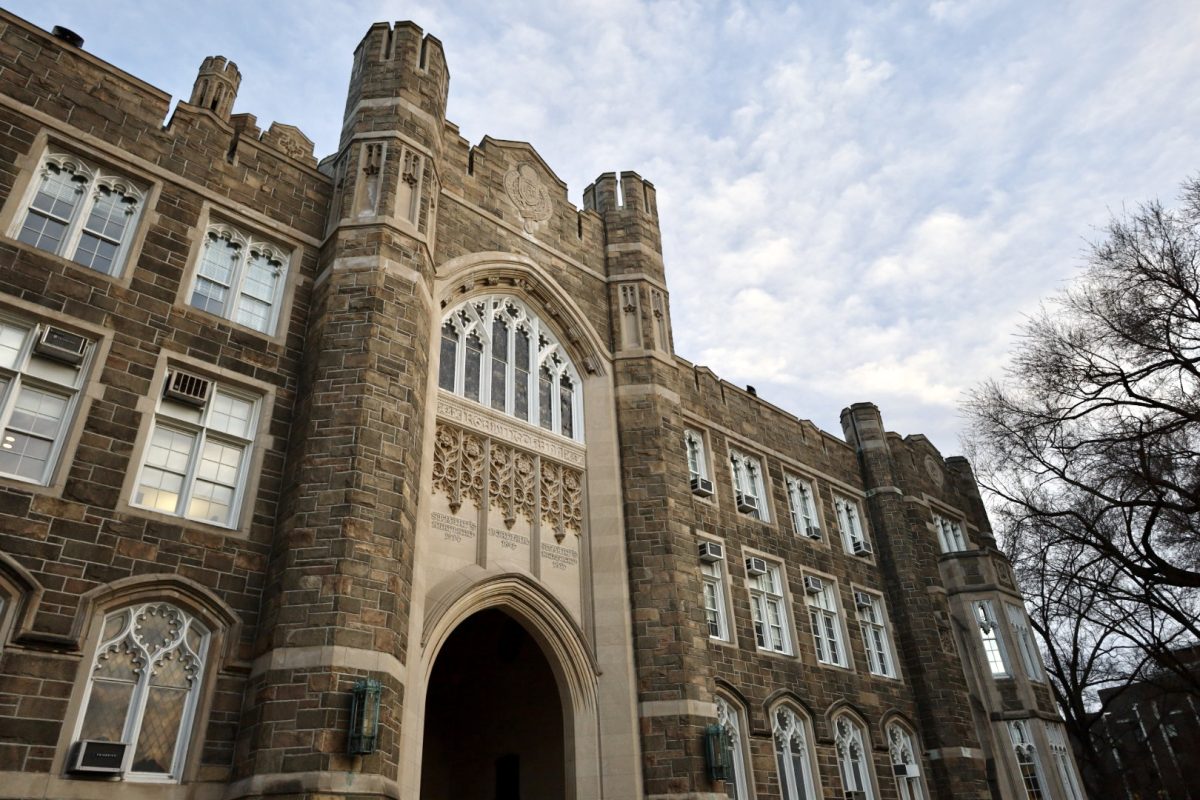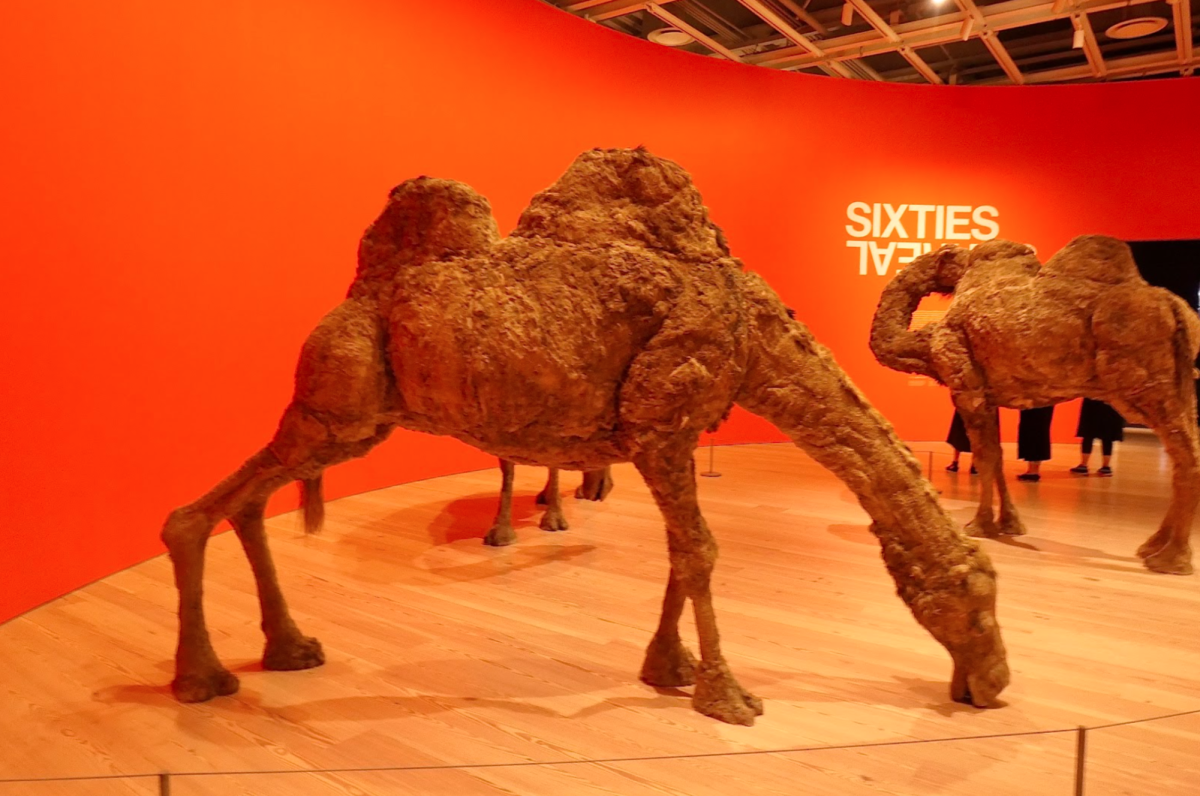By Erin Cabrey

With Oscar nominations already locked in, Hollywood’s gaze has shifted toward a new crop of films to fill theaters and streaming services in 2017. This year’s Sundance Film Festival in Park City, Utah, the largest independent film festival in the United States, provided plenty of critically-acclaimed and often politically-charged material for studio executives looking for next year’s award-season darlings.
This year’s Sundance Festival, a 10-day event that collided with the inauguration, has been a newsworthy one. The first weekend saw Chelsea Handler lead a star-studded Women’s March of Main in Park City. Shailene Woodley also headed a protest to stop the construction of the Dakota Access and Keystone XL pipelines. In attendance was Malia Obama, who opted out of her parents’ retreat to Palm Springs to attend several film screenings ahead of her internship with film studio executive Harvey Weinstein.
Among a roster of promising films with all-star casts, there were several standouts garnering significant buzz, most of which did not shy from addressing the political and cultural divides present in today’s America. Notable among these was Jordan Peele’s satirical horror film Get Out, starring Daniel Kaluuya (“Black Mirror”) and Allison Williams (“Girls”). When Chris, a young black man, heads upstate to meet his girlfriend Rose’s white, liberal family, he realizes something is odd about the way the town’s black residents behave. Peele’s feature directorial debut confronts the idea of a supposedly post-racial America, showing that racism often reveals itself in different forms.
The Big Sick, directed by Michael Showalter and produced by Judd Apatow, stars Kumail Nanjiani (“Silicon Valley”) and Zoe Kazan (“Olive Kitteridge”) and tells the real life story of Nanjiani and his wife, Emily Gordon, who co-wrote the film. Kumail, a Muslim man, falls for grad student Emily, even though his parents insist he marry a Pakistani woman. When Emily is struck with a mysterious illness that lands her in a coma, Kumail must deal with the crisis alongside Emily’s parents.
A Ghost Story stars Casey Affleck, the current Oscar frontrunner for Manchester by the Sea, and Rooney Mara (Carol). Affleck plays a married man who, after dying in a car accident, haunts his wife and home as ghost. The lauded film’s themes of loss and dealing with tragedy have nearly been overshadowed by some of its odder elements, most prominently Affleck’s white-sheet-with-eyeholes ghost and Mara’s nearly 10-minute scene spent devouring an entire pie after her character returns from her late husband’s funeral.
Concluding the event was The Sundance Film Festival Awards, hosted by Jessica Williams, star of another critically acclaimed feature The Incredible Jessica James. The ceremony saw several feminist films receive accolades. The U.S. Grand Jury Prize: Dramatic went to I Don’t Feel At Home in This World Anymore, starring indie darling Melanie Lynskey as a woman who has nearly lost faith in humanity when she comes home from work to find she was robbed of her laptop and grandmother’s silverware. Taking matters into her own hands, she enlists her quirky neighbor, played by Elijah Wood, to track down her robbers. The Directing Award for U.S. Dramatic went to female director Eliza Hillman for her film Beach Rats, a gay coming-of-age story set in Brooklyn. “I think there is nothing more taboo in this country than a woman with ambition,” said Hillman when accepting her award.
Politics were especially prevalent at the ceremony. Williams introduced the Audience Award category, joking “The Audience Award is super special. On an election level that’s sort of the award that Hillary Clinton won.” The Audience Award for U.S. Dramatic went to Crown Heights, starring Lakeith Stanfield (“Atlanta”) as a Trinidadian immigrant wrongly convicted of murder. The dialogue about immigration was deeply entrenched within the awards ceremony, colliding with protests at airports across the country as people flocked to arrivals gates to resist President Trump’s executive order restricting immigration from seven Muslim countries. In addition to The Big Sick featuring a Muslim lead, one of the countries deeply affected by the order, Syria, was the topic of three films at Sundance this year: Cries from Syria, City of Ghosts and Last Men in Aleppo, the winner of the World Cinema Grand Jury Prize for Documentary.
To close the ceremony, Sundance Institute Executive Director Keri Putnam addressed the executive order. “We know that closing our borders to these and other international artists will stop the flow of information so vital to the artistic community. Here’s to the artists who are here with us.”
The Sundance Film Festival is a paramount event in the film industry, highlighting both domestic and international films across all genres, and it is clear that the current political climate played a significant role in this year’s entries. Situated during two protest-laden weekends, the festival, along with its films and their creators used its platform to reflect on the search for identity, justice and love in a time when United States and the world are plagued by fear, discord and uncertainty.







































































































































































































